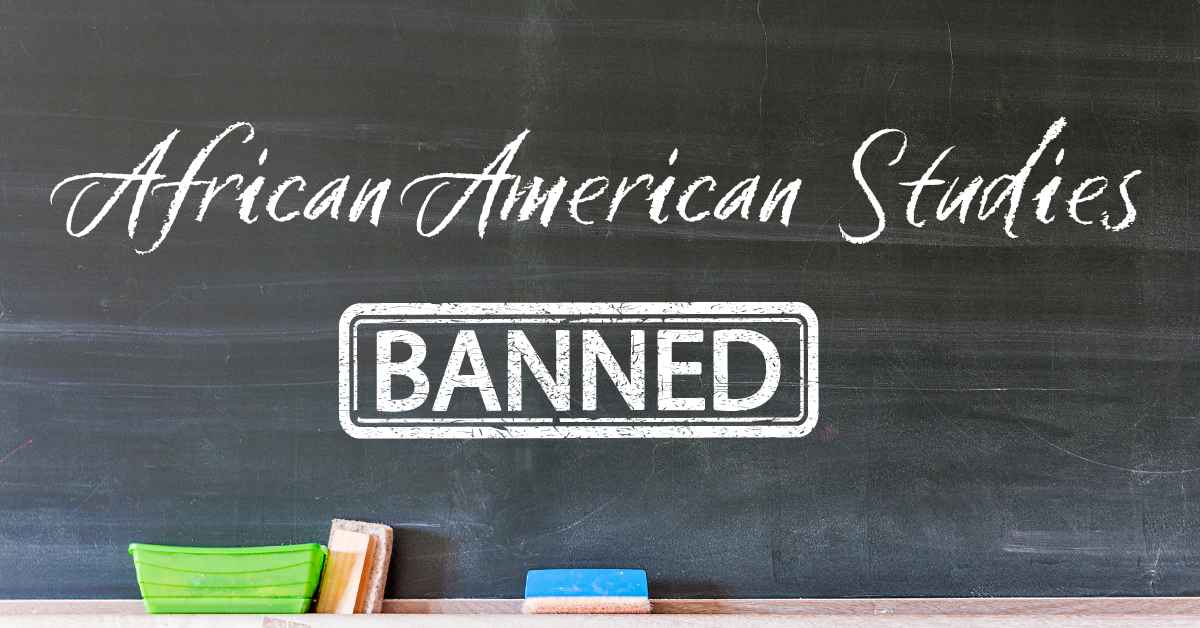Updated 01/24/2023— On Friday, January 20, the Florida Department of Education released a list of reasons for rejecting the Advanced Placement course. This document makes it clear that what the state officials really object to is not a lack of educational value but some of the ideas discussed in the course. For example, they reject the discussion of Black Lives Matter because its members advocate for eliminating prisons and jails and ending pretrial detention. Similarly, they object to the topic of “Black Study and Black Struggle in the 21st Century” because it includes a reading that argues “activism, rather than the university system, is the catalyst for social transformation.”
The Florida DOE even dislikes the inclusion of an author because her “first book was a study of Black communists in Alabama.”
Originally published 01/20/2023— NEW YORK – On January 12, the Florida Department of Education’s (DOE) Office of Articulation, in a letter to the College Board, rejected an Advanced Placement course on African American studies for high school students. The letter expressed concern that “the content of this course is inexplicably contrary to Florida law and significantly lacks educational value.”
Not for the first time, the Florida DOE is banning educational material without providing examples of what it finds objectionable. In April 2022, it made itself a laughing stock by announcing that it had rejected 54 math textbooks because they contained references to Critical Race Theory (CRT) and other controversial ideas. It took the DOE three weeks to provide any evidence, finally releasing 6,000 pages of documents that revealed the overwhelming majority of reviewers had found nothing to object to.
The Florida law referred to in the letter to the College Board appears to be the “Stop W.O.K.E.” Act, which bans classroom discussion of certain ideas often associated with CRT except “as part of a larger course of training or instruction, provided such training or instruction is given in an objective manner without the endorsement of the concepts.” The ACLU is challenging the law in court as it applies to colleges and universities as a violation of the First Amendment.
Once again, the Florida DOE is making a mistake. Nothing in the AP course prevents teachers from teaching the material in an objective manner in accordance with the law. In fact, the College Board explicitly encourages teachers to develop their own curriculum for AP courses. For example, the course description for Advanced Placement United States History says: “Individual teachers are responsible for designing their own curriculum for AP courses and selecting appropriate college-level readings, assignments, and resources… The intention of this publication is to respect teachers’ time and expertise by providing a roadmap that they can modify and adapt to their local priorities and preferences.“(emphasis added)
Florida’s Next Generation Sunshine State Standards for Social Studies includes extensive discussion of African American history and culture. Therefore, the state clearly recognizes the value of such material for its students. Given the fact that teachers are able to develop curricula for the course that are in keeping with state law, the National Coalition Against Censorship urges the State of Florida to reconsider its decision to refuse to offer the AP African American Studies course.
National Coalition Against Censorship
Since its inception in 1974, the National Coalition Against Censorship (NCAC) has functioned as a first responder in protecting freedom of expression, a fundamental human right and a keystone of democracy. Representing 59 trusted education, publishing, and arts organizations, NCAC encourages and facilitates dialogue between diverse voices and perspectives, including those that have historically been silenced.


